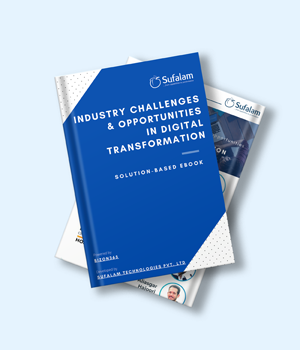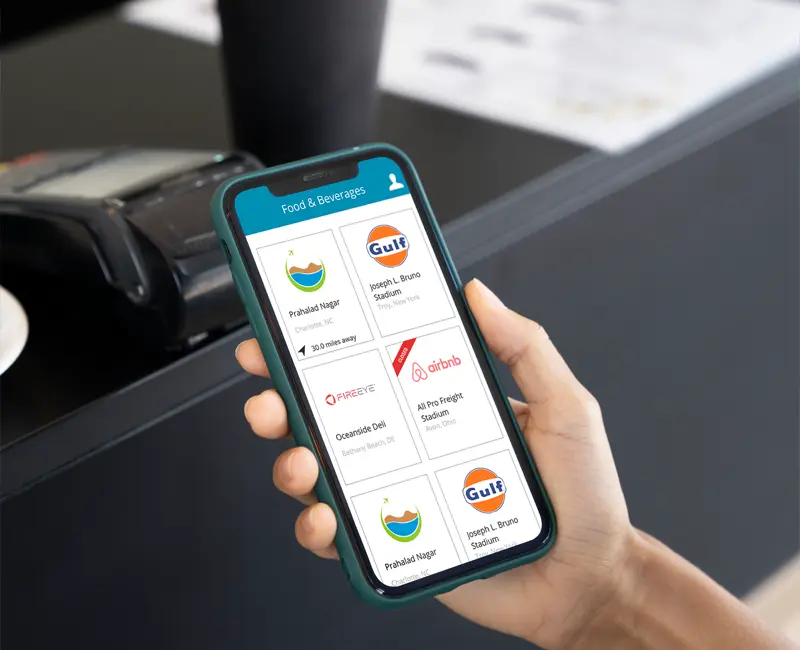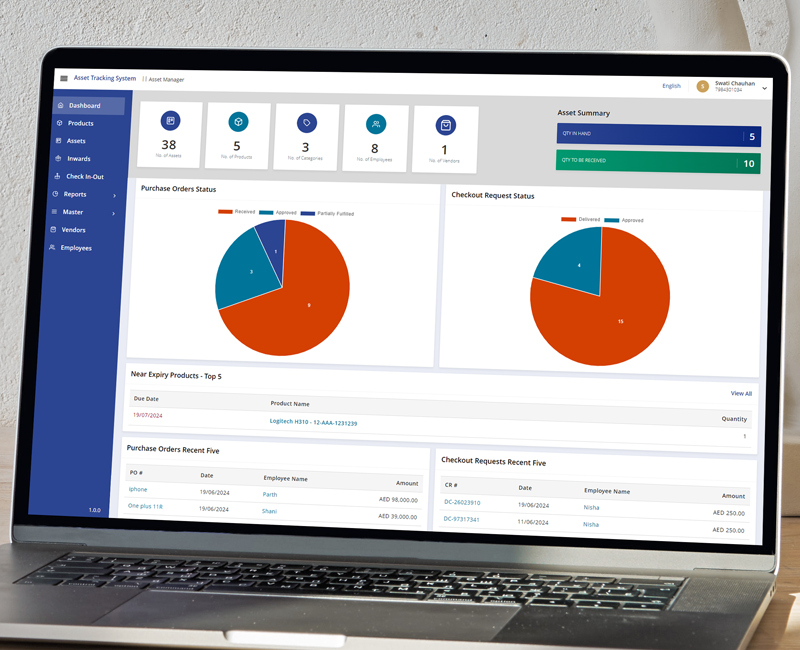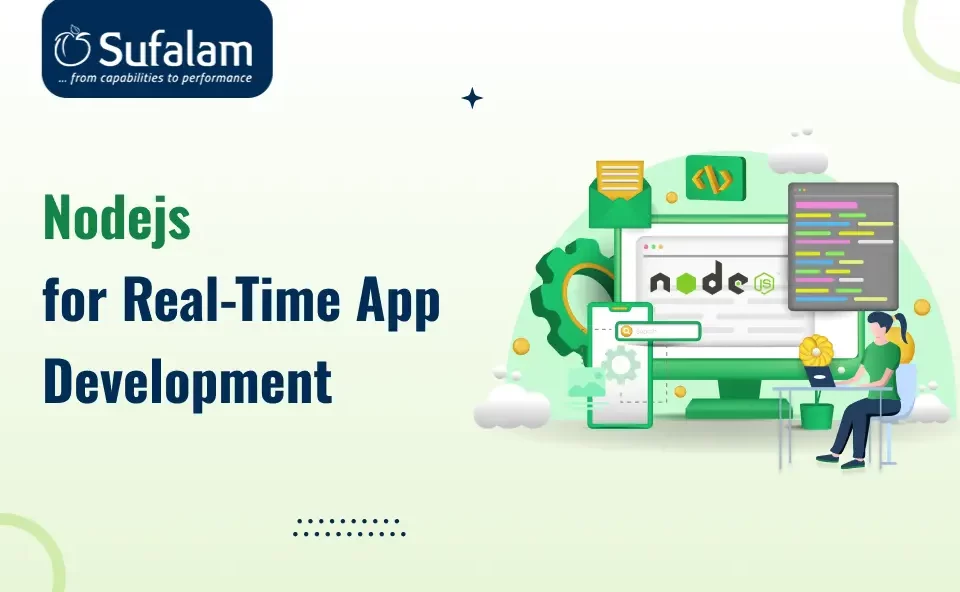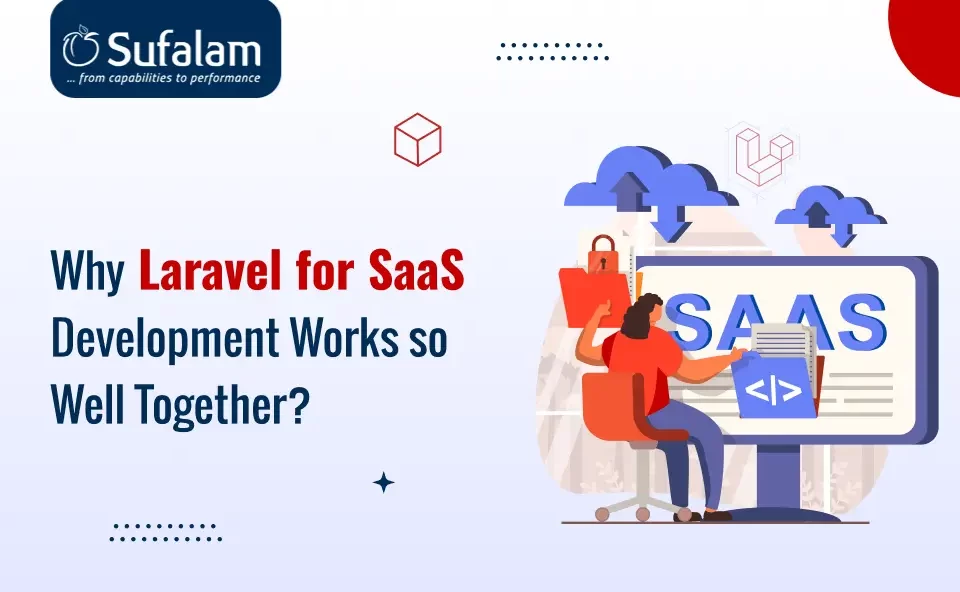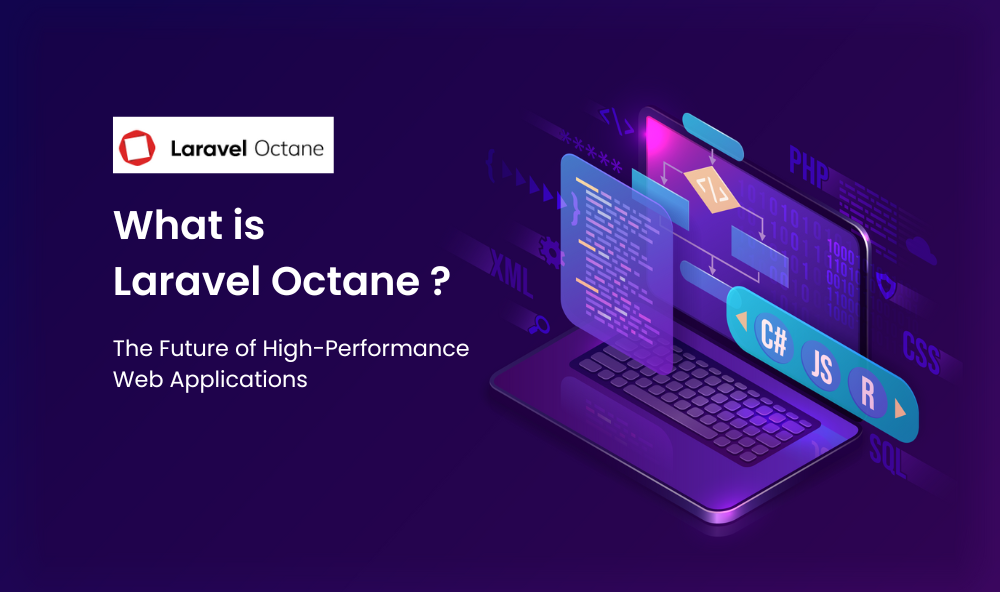
Laravel is a straightforward and respectable syntax that enables developers to create web applications more quickly. Scalability is the only problem that leads Laravel to drop down on various levels, that’s why it isn’t the most popular language among Laravel development companies and developers.
It still appears difficult to use Laravel to create a large-scale application.
This view evolved slightly in favour of Laravel and its community following the launch of Octane.
In this blog article, we discussed Laravel Octane, the latest addition to the Laravel framework, as well as the excitement that Octane’s capacity to expand Laravel applications has generated in the industry.
Continue reading to learn more.
What is Laravel Octane?
Laravel Octane is a high-performance, serverless platform for building and running Laravel PHP applications. It aims to provide a simple and efficient way to build and run Laravel applications on the cloud, by leveraging modern technologies and best practices.
Octane provides a streamlined development experience, allowing developers to focus on building their applications and not worrying about infrastructure, scaling, or deployment.
The platform is fully integrated with Laravel, so web app development company can use their existing Laravel skills and knowledge to build applications on Octane.
Modern web technologies are used by Laravel Octane to provide a high-performance and accessible framework for creating web applications. To provide a quicker and more effective approach to creating and serve web applications, Octane is constructed on top of Laravel and expands its basic capabilities with new tools like Swoole and Inertia.js.
When to opt for Laravel Octane?
Laravel Octane is a mind-blowing solution from the Laravel team that provides performance improvement in a variety of ways. But immense power also entails great responsibility.
PHP programmers aren’t used to thinking about statefulness and the problems that come with it, such as garbage collection and memory leaks.
Therefore, sticking with the conventional method can be a preferable choice if you are aware that your application does not actually require that much supersonic Laravel Octane performance. And if you do need that performance bump, it’s not difficult to replace your standard Laravel project with an Octane-powered beast.
Laravel Octane is the perfect choice for those applications where performance is critical!
ALSO READ: List Of 10 Most Popular Laravel Packages – Let’s Check It Out!
Benefits of Choosing Laravel’s Octane!
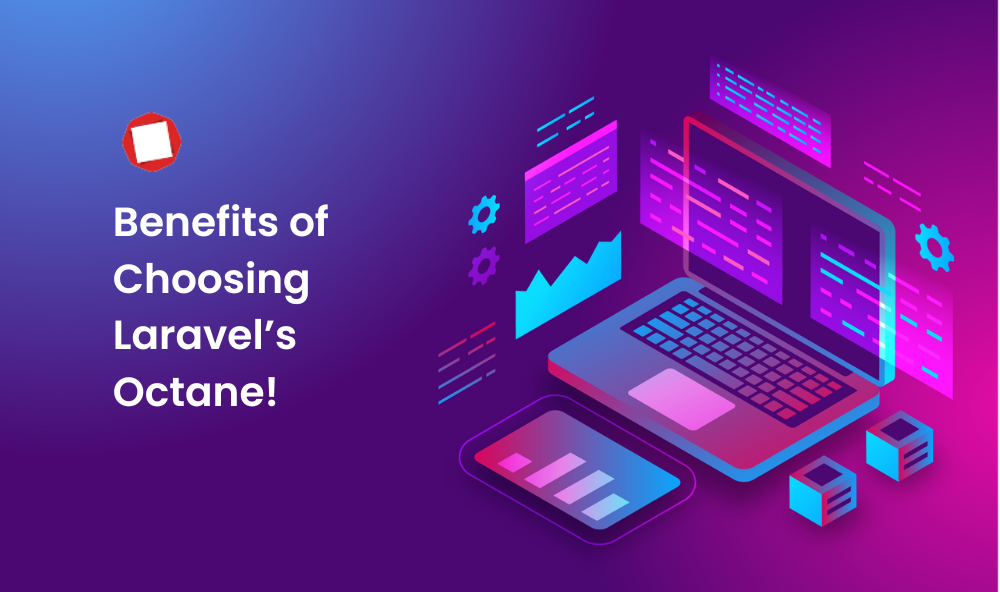
Laravel Octane is the next-generation web application framework built on top of Laravel. Key features of Laravel Octane include:
- Speed: Octane is designed for high-performance web applications, making use of cutting-edge technology to provide lightning-fast responses to user requests.
- Simplicity: Its features a simplified and streamlined codebase, making it easier to learn and use as compared to other frameworks – making it easier for both developers and users.
- Scalability: Octane Laravel is built for scalability, allowing developers to easily add new features and capabilities to their applications as they grow, solving the much-dreaded problem for scalability.
- Flexibility: Octane offers a high degree of customization and flexibility, enabling developers to build unique and custom applications to meet their specific needs.
- Security: This platform is built with security in mind, featuring built-in protection against common web attacks, such as SQL injection and cross-site scripting (XSS).
- Support: Laravel Octane is actively developed and maintained by the Laravel community, offering a wide range of resources and support to help developers get started and succeed.
Key features of laravel Octane!
Some key features of Laravel Octane include:
HTTP Server: Octane includes a built-in HTTP server, providing faster and more efficient handling of HTTP requests.
Serverless Functions: Octane laravel supports serverless functions, making it easier for Laravel development to create and deploy functions to a serverless environment.
Faster boot time: It optimises the boot time of Laravel applications, making them faster to start and more responsive.
Reduced memory usage: Laravel octane reduces the memory usage of Laravel applications, making them more efficient and scalable.
End-to-End security: Octane includes security features that help protect against common security threats and vulnerabilities.
Better request handling: Octane enables applications to handle a larger number of users and requests, making it suitable for applications that need to scale up.
ALSO READ: Best Laravel Security Features To Secure Your Apps
How does Laravel Octane work to boost performance & speed?
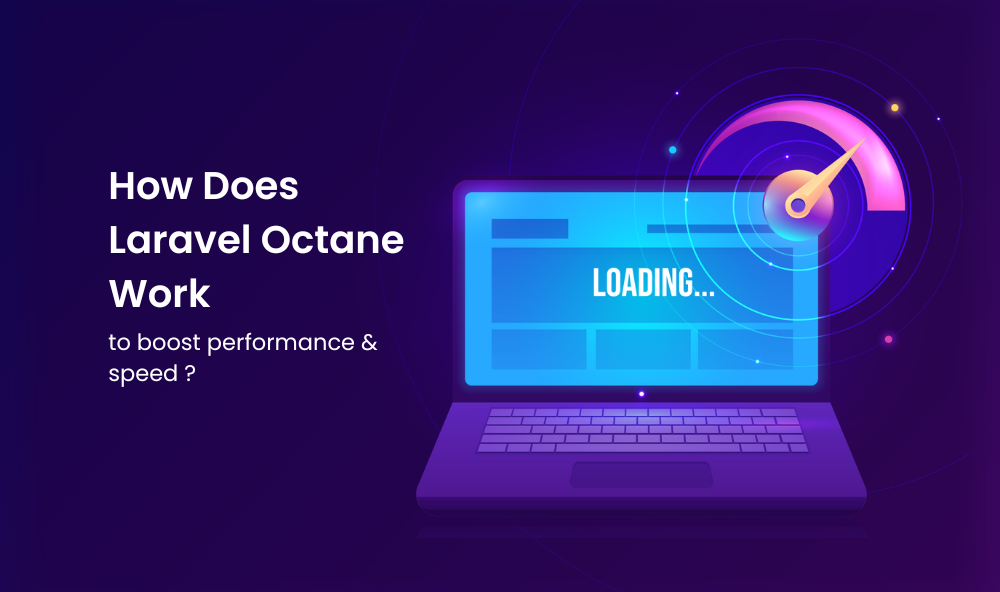
Since a stateful framework is quicker, Octane had to adapt one. For every user request, the typical Laravel procedure conventionally generates a PHP worker. This entails launching a separate PHP process that must boot and set up the framework before handling that specific request.
In order to put it into perspective, the PHP worker would have to boot the framework and every service provider it relies on. After booting the providers, it would need to register those services inside of that container. After contacting your controller and passing through a number of middleware components, the query finally renders a view that appears on your computer.
The same booting framework is shared by all HTTP requests while using Laravel Octane.
This implies that any requests made after the framework has been launched will utilize the framework that has already been booted. Because Laravel Octane won’t need to start a new framework for each request, the workload will be reduced. Because of this, Laravel Octane is substantially quicker than the original Laravel.
High-performance platforms like Swoole and RoadRunner enable Laravel Octane to accomplish this task successfully.
Check out the differences – Swool V/s Road Runner!
Two high-performance PHP servers, Swoole and RoadRunner, can control PHP processes in demanding and high-traffic environments.
You may run Swoole or RoadRunner for your website with Laravel Octane.
Swoole
Swoole is first and foremost a PHP extension, so during setup, you’ll need to assemble it on top of your PHP version. If you can get over that, Swoole outperforms RoadRunner in speed and offers several developer-specific PHP Laravel features.
However, due to compatibility issues with Swoole’s coroutine and CLI environments, several of the most well-liked Laravel tools, including Xdebug, New Relic, and Datadog, do not reliably operate with Swoole.
Roadrunner
RoadRunner can also be used as a substitute for PHP-FPM. It is simpler to launch and deploy on your Laravel website right away because it does not need to be combined with your PHP files.
Roadrunner is a PHP server that prioritizes performance and offers many features right out of the box. The speed difference between RoadRunner and Swoole and the absence of Swoole’s PHP functionality are its only drawbacks.
Key considerations to keep in mind while scaling with Laravel Octane!

Before scaling your Laravel application with Octane, it’s important to consider the following factors:
Performance: Ensure that your current application meets the minimum performance requirements for Octane and that your infrastructure is able to support the increased demands of a high-performance application.
Compatibility: Check that your current application and its dependencies are compatible with Octane and that any custom code or third-party plugins will work as expected in the new framework.
Cost: Consider the cost of upgrading to Octane, including the cost of any additional hardware or software required to support the new framework.
Technical expertise: Ensure that your development team has the necessary technical expertise to work with Octane and that they are familiar with the latest web development best laravel practices and technologies.
Time and resources: Consider the amount of time and resources that will be required to upgrade your application to Octane, and ensure that you have the necessary manpower and budget to complete the project on time.
Business goals: Make sure that upgrading to Octane aligns with your overall business goals and objectives, and that it will help you achieve your desired outcomes in the long run
Laravel Vapor & Octane Laravel!
Laravel Vapor is a serverless deployment platform for Laravel, a popular PHP web framework. It allows Laravel development company and Laravel developer to easily manage the deployment and scaling of their Laravel applications on Amazon Web Services (AWS).
Laravel Octane is a recently-released project that focuses on improving the performance of Laravel applications. Octane is an opt-in toolset that helps to reduce the latency and memory usage of Laravel applications by making use of faster data structures and algorithms.
Laravel Vapor and Laravel Octane are both projects from the Laravel ecosystem, but they serve different purposes. Vapor is focused on simplifying the deployment and scaling of Laravel applications, while Octane Laravel is focused on improving the Laravel Octane performance of applications.
Laravel with Apache & Octane – Performance benchmarks!
Laravel with Apache and Laravel Octane can have different performance benchmarks, as they are built on different underlying technologies.
Laravel Apache – Laravel with Apache is a traditional deployment method where Laravel is run on an Apache web server. Apache is a robust and widely-used web server, but it can add some overhead in terms of latency and resource consumption.
Laravel Octane, on the other hand, uses a new and experimental web server called Swoole, which is designed to be much faster and more efficient than traditional web servers like Apache. Swoole uses an event-driven, non-blocking I/O model to handle multiple requests at once, which can result in significantly faster performance.
Laravel Octane performance benchmarks – In general, Laravel Octane is likely to provide better performance than Laravel with Apache, especially in high-concurrency environments where many requests are being processed at the same time.
However, the exact performance difference will depend on many factors, such as the size and complexity of your application, the hardware you are running on, and the specific workload you are putting on the server.
To get an accurate benchmark of the performance difference between Laravel with Apache and Laravel Octane for your specific use case, you would need to run tests using your own application and configurations.
Conclusion
In conclusion, Laravel Octane is a game-changer for the Laravel community. With its focus on speed and efficiency, it offers Laravel development company and developers a way to build high-performance web applications that can handle heavy traffic and demanding workloads.
From its improved routing system to its optimized components and modules, Laravel Octane has everything developers need to create fast, reliable, and scalable applications.
Whether you’re a seasoned Laravel developer or new to the framework, Laravel Octane is definitely worth exploring for your next web development project.
Also, if you are looking for the leading Web application development company for end-to-end implementation and desired results, then Sufalam technologies can help you out!

